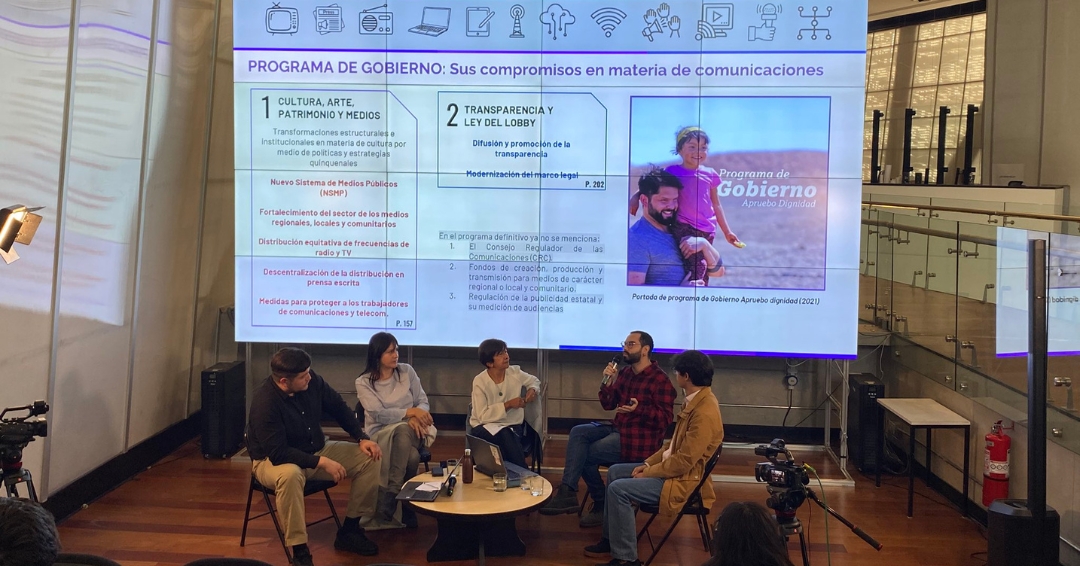During her stay at the Department of Media and Communication of the London School of Economics (LSE), co-researcher and academic Patricia Peña had the opportunity to delve into the study of the creation and establishment of a regulatory institution of communications in the United Kingdom, known as the Office of Communication (OFCOM).
Her documentary research addressed the processes that resulted in this key entity for the supervision and regulation of British media.
Additionally, Peña was part of a series of discussion groups focused on the current challenges of the institution in relation to the implementation and use of generative artificial intelligence (AI) in the information and communication media sector.
These meetings also explored the new legislation in online security, advances in research on children and the use of digital platforms, and new approaches in media education.
In the context of a year marked by elections both in England and Europe, topics such as the monitoring of news consumption and disinformation on digital platforms were discussed. Patricia Peña highlighted the relevance of these issues, stating:
“The British and European contingency in 2024 has a strong focus on controversies and questions about the impact of generative AI across the media sector and the information ecosystem.”
Peña also stressed the importance of studies such as the Digital News Report by the Reuters Institute and Oxford University, which demonstrate the crucial role of social media platforms as a primary source of information while reflecting a growing saturation of the audience with news consumption.
Finally, the talks analyzed the implications of the new Digital Services Act in Europe, which seeks to end the traditional self-regulation of major technology platforms both in terms of usage policies and content moderation. The implementation of these measures and their effects in the European digital landscape were key aspects of Peña’s work during her placement at LSE.


